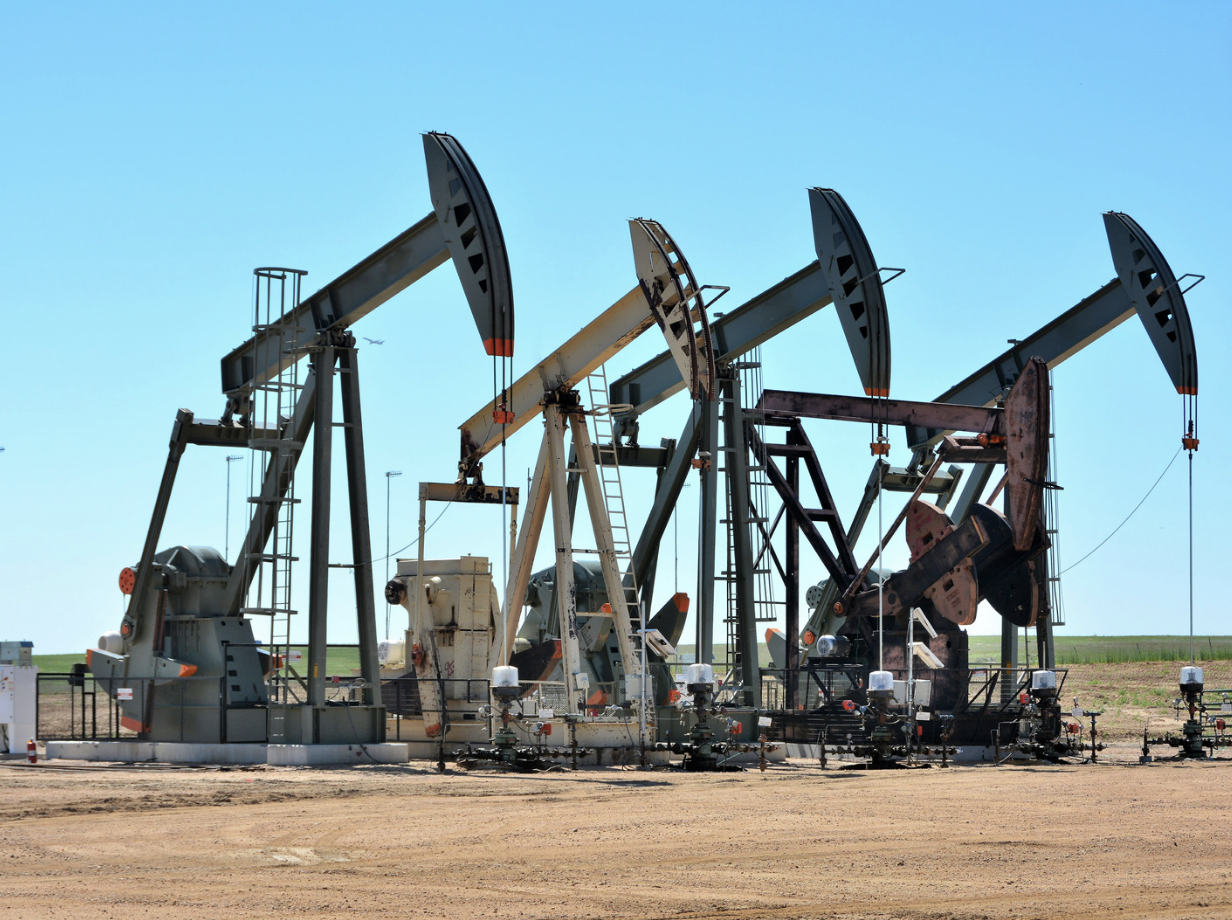OPEC+ is expected to move forward with its planned increase in oil production starting in October, according to six sources within the group. This decision comes despite concerns about weakening global demand, particularly from China, and aims to balance the market amid disruptions in Libyan oil output and planned production cuts by some members to offset earlier overproduction.
#EnergyForAll #OPEC #SDGs pic.twitter.com/iwhHXKv0n4
— OPEC (@OPECSecretariat) August 30, 2024
Planned Output Increase
Eight members of the OPEC+ alliance are scheduled to raise their output by 180,000 barrels per day (bpd) in October. This move is part of a broader strategy to gradually lift the most recent cuts of 2.2 million bpd while maintaining other output reductions until the end of 2025. The increase is designed to help stabilize the market following significant supply cuts aimed at supporting oil prices during periods of weakened demand.
Market Dynamics and Challenges
The decision to proceed with the output hike comes at a time when the global oil market faces a slowdown in demand growth, especially from China, the world’s second-largest oil consumer. This demand slump has led some market analysts to speculate whether OPEC+ might reconsider its production plans. However, the sources indicated that the group believes the market can absorb the increased supply due to the tightening effect of the ongoing Libyan outages and the anticipated positive impact of potential U.S. economic measures.
“There are many uncertainties on demand but there is also the hope that the Fed’s interest rate cut will boost economic growth,” one source noted, reflecting the group’s cautious optimism.
Flexibility in Strategy
Saudi Arabia’s Energy Minister, Prince Abdulaziz bin Salman, has previously stated that OPEC+ retains the flexibility to adjust its production strategy if market conditions change. The group could potentially pause or even reverse the planned increases if they determine that the market is not robust enough to handle additional supply.
While no formal meetings are scheduled for OPEC+ until the Joint Ministerial Monitoring Committee (JMMC) convenes on October 2, this panel could recommend changes to the production plan based on the latest market assessments.
Awaiting Official Responses
As of now, OPEC, the Saudi government, and the office of Russian Deputy Prime Minister Alexander Novak have not commented on the production strategy or potential adjustments. The JMMC’s upcoming meeting will be closely watched for any signals on how OPEC+ plans to navigate the complex dynamics of the global oil market in the coming months.
The group’s commitment to its October production increase, despite current challenges, underscores its ongoing efforts to balance supply and demand while maintaining market stability in a volatile economic environment.





